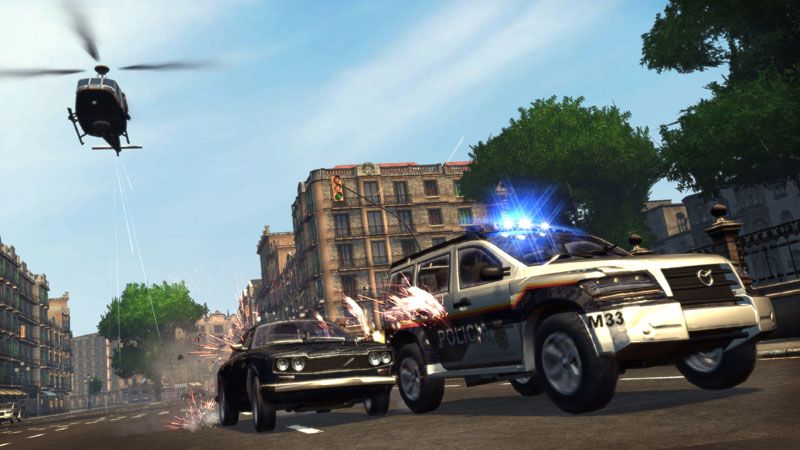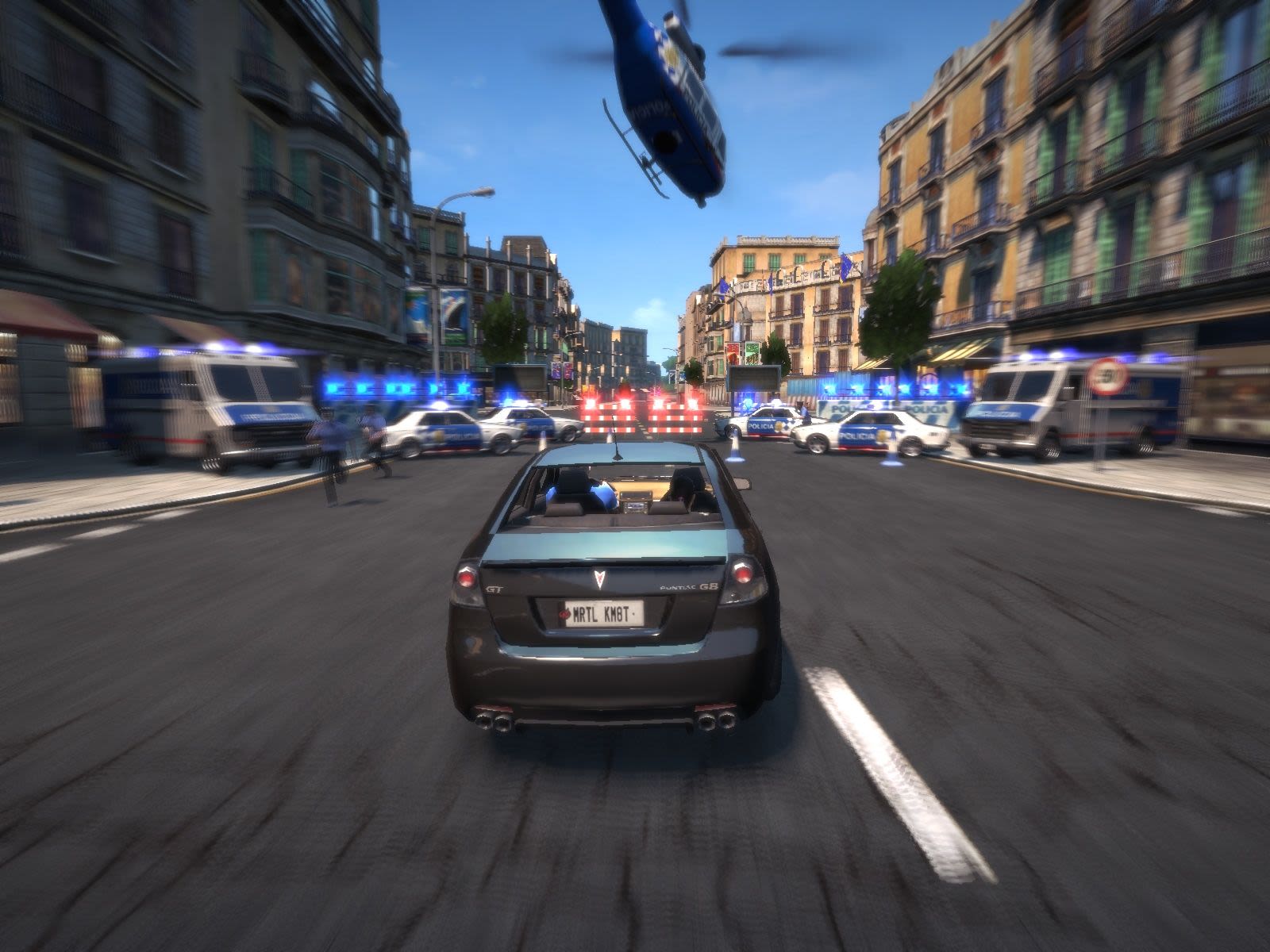The Demise of Midway Newcastle
Ten years on, Mark Warren examines the fate of Midway Newcastle and what this meant for its employees.
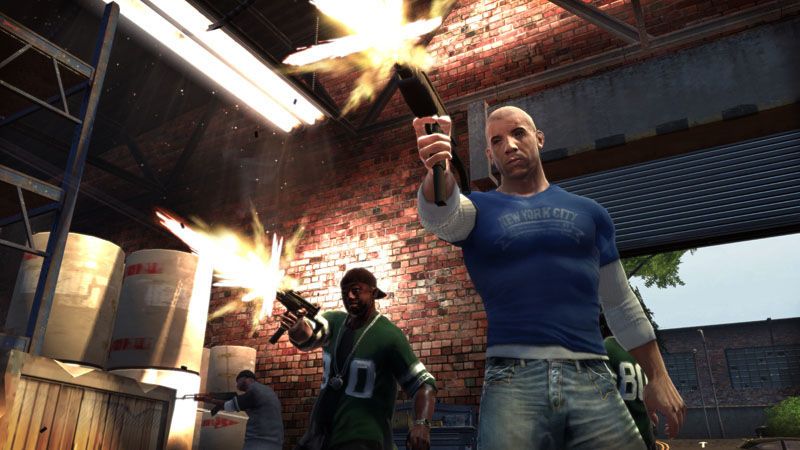
Almost every games industry veteran has worked for at least one studio that has fizzled into permadeath.
While it’s hardly surprising to hear of startups battered by changing consumer tastes and exponential technological advances struggling to reach the next level of growth, for studios linked with large scale game publishers, one of the perceived benefits is the increased job security.
If things do go wrong, a company falters and no-one is willing to buy them: what happens next? This was the situation the employees of Midway Newcastle found themselves facing in 2009, as American publisher Midway Games filed for bankruptcy.
To understand how the jobs of developers in Newcastle came to depend on the finances of a huge US publisher, let’s go back to 2005, when Midway bought the Tyneside-based independent studio Pitbull Syndicate, founded in 1996.
Having established itself by producing a number of driving games, notably the Test Drive series, Pitbull Syndicate became a European expansion for Midway, acquired in the same year the publisher bought Australian studio Ratbag Games.
Pitbull Syndicate co-founder Robert Troughton recalls the mood was initially optimistic at Midway Newcastle when trouble was brewing: "I’ve seen this a few times now over the years...at first there’s excitement and positivity about a buyout." But that optimism soon ran out: "There were some mistakes made by upper management at Midway, for example, at a time when most of the employees were willingly working extra hours to make the game (Wheelman) the best possible, communication came in asking everyone to agree to compulsory overtime. I saw several people rebel, employees who had been putting in an incredible amount of extra time and, suddenly, they were refusing on principle."
Steven Pick, a former senior UI artist at the studio adds: "The management at Midway was probably the same as management in a good deal of other game studios, it wasn’t great. I think we were always considered as an outsider studio based on our location, so there was always politics."
However, any friction between Midway Newcastle's employees and Midway's US management gained a new significance when, in February 2009, Midway Games filed for bankruptcy in the US.
"I think we knew the issues they had with money when we had trouble with Wheelman’s launch," said Steven Pick. "Eventually Ubisoft helped out with that, though the Chapter 11 thing was surprising to us when it actually happened."
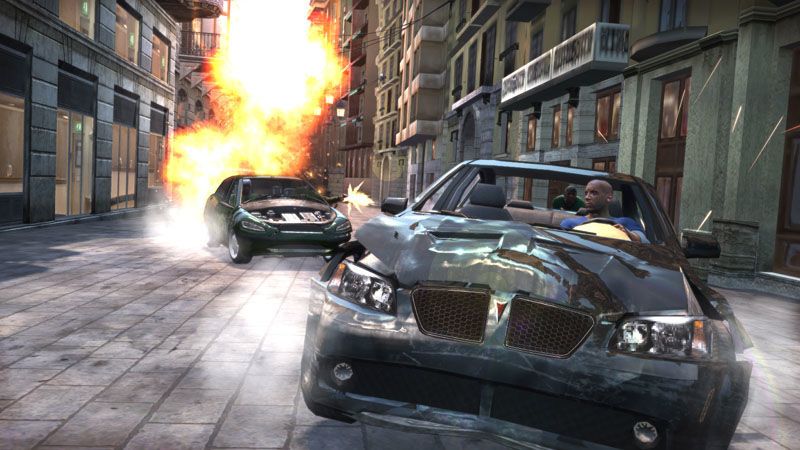
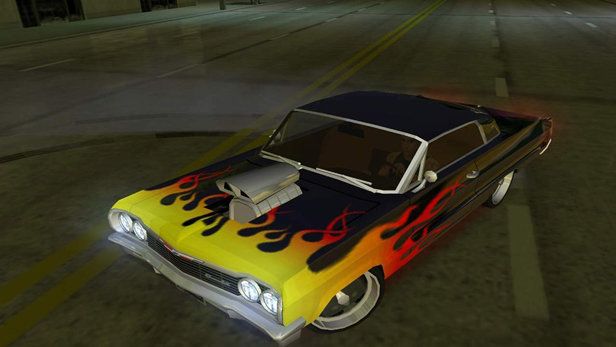
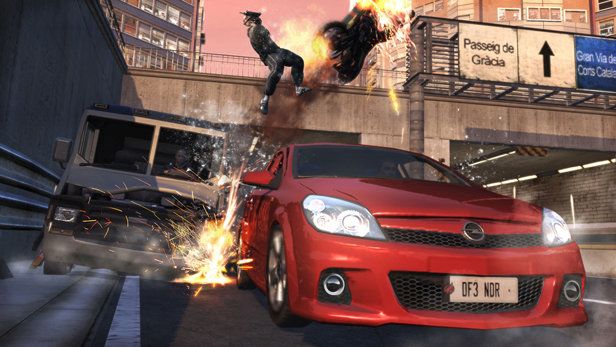
Following its bankruptcy declaration, Midway retained control of its assets temporarily amid attempts, supported by the American bankruptcy court, to save the company, by selling most of Midway's assets and studios to Warner Bros in May 2009. However, this deal didn’t include Midway Newcastle, leaving the studio with only one option, trying to attract another buyer.
"We knew the company was in trouble for about six months before the closure,” says Cumron Ashtiani, then Midway Newcastle's studio art director “however we all believed in the quality of what we produced and so hoped, had faith that another company would buy our studio."
“The spirit was actually super strong in the studio, all the way up until the closure.” says Joe Neate, a Producer at Midway Newcastle, “Craig, the studio head, kept everyone clearly informed about what was happening, what we were trying to do to salvage the situation, but the risks involved too.”
Troughton adds: "For most people, it was business as usual. We knuckled down to try to make the prototype that we were working on the best possible. Of course some people jumped ship early, but most had been with the studio for a long time, were incredibly loyal and, yeah, the team was like a big family, so most of us stayed till the final day."
That prototype, Necessary Force, was the studio's primary hope for attracting a buyer, an entirely new game which the studio's developers hoped would showcase their talents.
"The game was set to be a Blade Runner kind of detective story where you were a cop tracking down criminals and taking out bosses." explains Pick, "I think we spent about three months on it, though it was some of the best stuff we did as we knew we had to impress. We had a fair few folk come to see the demo, though I got the impression they were waiting for the studio to close so they could pick up a bunch of devs."
Neate adds: “There were some great ideas as part of that pitch, I’ve still yet to see them in any game, lots of potential in that idea even now. I think the approach we took was absolutely the right one, but we just couldn’t get someone to take the risk to back and invest in that team and project in the financial climate at the time.”
Still, no buyer emerged for the studio and it finally closed on July 14, 2009. 75 employees lost their jobs. Far from being the end of their career in games, for some it was a new beginning.
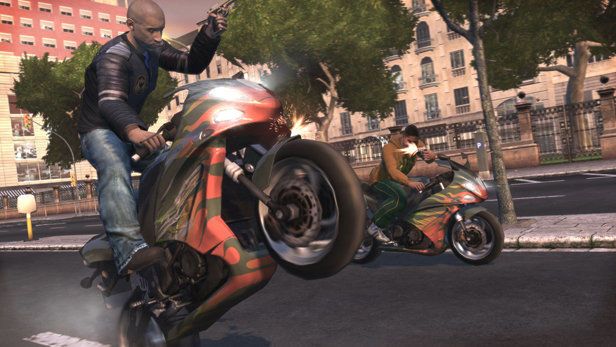
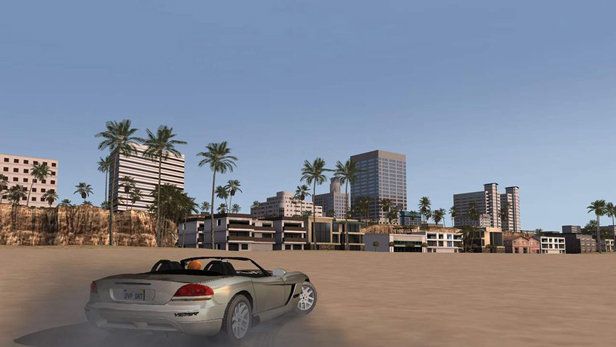
One company to emerge from the ashes of Midway Newcastle was Atomhawk, a digital arts company which has created assets for games and movie studios, with credits including Marvel blockbusters such as Thor: The Dark World. Atomhawk was founded by Ashtiani.
“Because we had that six-month run up to closure, I started exploring various ideas.”, the company’s CEO then MD until April 2019 says, “I’d always planned to eventually start my own company which is why I chose to work my way through management. The first proper plans for Atomhawk came about in May 2009. I got the best of my team together in a pub after work, explained my vision and to my relief, they were all up for it.”
"After a few meetings in the nearby pub, we eventually agreed to go ahead and start the company if Midway fell through." says Pick, who was one of the group Ashtiani chose, "Atomhawk was soon a thing and even though I’m no longer a part of it, it still thrives today as one of the best external art resource companies around.”
Since 2017, Atomhawk has been owned by Sumo Digital.
Troughton also moved on to found his own new studio, Pitbull Studio, which is now part of Epic Games' UK stable.
Neate, now an Executive Producer at Rare, says “I was lucky in that I was reached out to fairly soon after the closure with the offer of a new opportunity, but it was still a stressful and challenging time. Since then I’ve been lucky to stay in contact with a range of people from the studio, and still work with some of them now.”
The downfall of Midway Newcastle was unexpected and catastrophic. The publisher’s bankruptcy showed the games industry is at its most brutal, with the employees of Midway Newcastle finding their livelihoods in jeopardy due to circumstances outside of their control. For some, in the long term, these unfortunate events provided a launching point for the next chapter of their careers in the games industry, however, at the time, Midway’s crisis caused a studio of talented individuals to endure a hugely stressful time where their futures were uncertain and every day brought fresh challenges.
